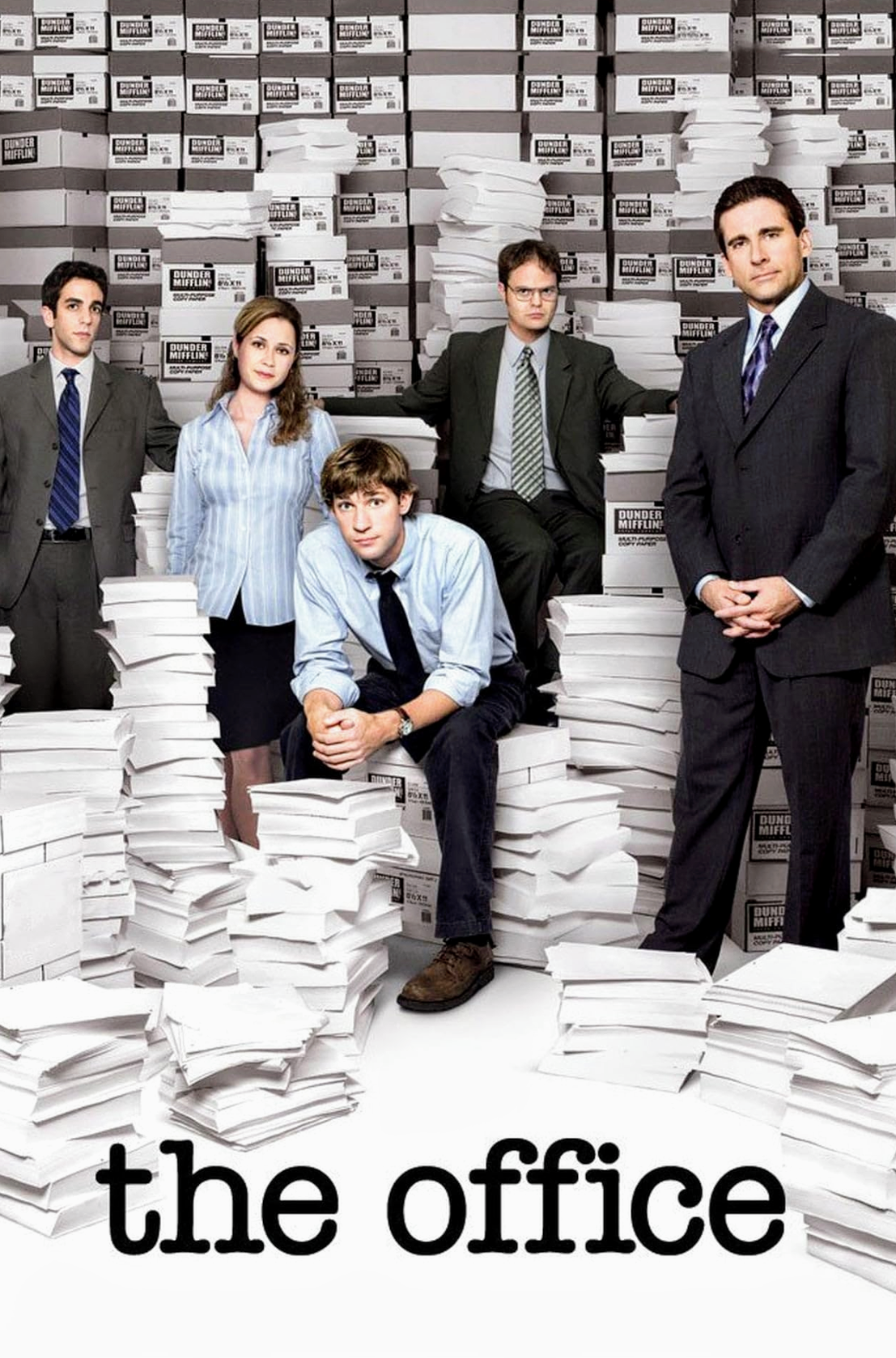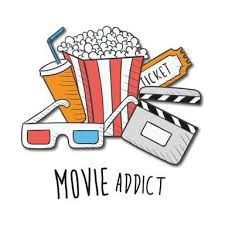
A film released at the end of 2023 became a huge hit — *No More Bets at the Annual Meeting*. Centered on office politics, it struck a nerve with many overworked employees of today, prompting a wave of emotional reflection. Directed by Da Peng, the movie also achieved impressive box office success.
In the U.S., there's a TV series that tackles the exact same theme and was wildly popular in its time. It features a crazy boss, quirky coworkers, and office romances. Today, we’re recommending this classic American sitcom: *The Office*!
**Full Breakdown of *The Office* (U.S.): Mockumentary Humor and the Many Faces of Office Life 🌟**
*The Office* is an American sitcom that premiered on NBC in 2005. Adapted from the British series of the same name, it ran for nine seasons and is presented in a mockumentary style. The show depicts the daily operations of a paper company, Dunder Mifflin, located in Scranton, Pennsylvania.
With its unique brand of humor and nuanced portrayal of workplace dynamics, *The Office* has become a classic in the history of American television. It received multiple Emmy nominations and has built a global fanbase over the years.
**Core Setup**
* **Mockumentary Style**:
The show uses a handheld camera, documentary-style filming, with characters frequently breaking the fourth wall to speak directly to the camera about their thoughts and feelings. This creates a workplace atmosphere that feels both absurd and authentic.
* **Main Conflict**:
The story centers on regional manager Michael Scott (played by Steve Carell) and his interactions with the staff. Michael considers himself “the world’s funniest boss,” but in reality, he’s immature and narcissistic. His inappropriate jokes and chaotic management often lead to comedic disasters.
**Show Highlights**
Humor Style
Dry Humor & Cringe Comedy:
The series draws laughs from Michael’s ill-timed jokes (like impersonating Batman or hosting an "Office Olympics") and the exasperated reactions of his coworkers. A prime example is Michael’s offensive remarks during “Diversity Day.”
Character Contrasts:
The stark contrast between Dwight’s rigid discipline and Jim’s laid-back wit is a major comedic driver. For instance, Dwight runs a surprise "fire drill" to test emergency preparedness, which Jim turns into a complete farce.
Workplace Realism
The show zeroes in on everyday office struggles like politics, layoff scares, and pointless meetings. One storyline sees the company facing closure due to digitalization, prompting absurd “sell more paper to save ourselves” efforts.
Dialogues reveal workplace dynamics and unspoken rules, such as Pam’s struggle to move from receptionist to salesperson—highlighting the challenges women face in career advancement.
Emotional Core
Beneath the absurdity, the show explores deep bonds between coworkers. Despite his flaws, Michael’s departure leaves the entire office in tears. Jim and Pam’s relationship captures quiet, everyday romance in a mundane office setting.
**Humor Style**
* **Dry Humor & Cringe Comedy**:
The series draws laughs from Michael’s ill-timed jokes (like impersonating *Batman* or hosting an "Office Olympics") and the exasperated reactions of his coworkers. A prime example is Michael’s offensive remarks during “Diversity Day.”
* **Character Contrasts**:
The stark contrast between Dwight’s rigid discipline and Jim’s laid-back wit is a major comedic driver. For instance, Dwight runs a surprise "fire drill" to test emergency preparedness, which Jim turns into a complete farce.
**Workplace Realism**
* The show zeroes in on everyday office struggles like politics, layoff scares, and pointless meetings. One storyline sees the company facing closure due to digitalization, prompting absurd “sell more paper to save ourselves” efforts.
* Dialogues reveal workplace dynamics and unspoken rules, such as Pam’s struggle to move from receptionist to salesperson—highlighting the challenges women face in career advancement.
**Emotional Core**
* Beneath the absurdity, the show explores deep bonds between coworkers. Despite his flaws, Michael’s departure leaves the entire office in tears. Jim and Pam’s relationship captures quiet, everyday romance in a mundane office setting.
Impact & Reception**
**Awards and Acclaim**
* Nominated for 42 Emmy Awards. Steve Carell won the Golden Globe for Best Actor in a Comedy Series for his portrayal of Michael Scott.
* Rated 9.0+ on Douban (Chinese review platform) and named one of the “Best TV Shows of the 21st Century” by *TIME* magazine.
**Cultural Phenomenon**
* Lines and scenes have become iconic in pop culture, like Michael’s “That’s what she said” and Dwight’s “Bears. Beets. Battlestar Galactica.”
* Inspired countless fan-made memes, merchandise, and even real-life “Office-themed” cafés.
**Controversies and Reflections**
* Some episodes sparked discussion for touching on race or gender issues (e.g., Michael’s offensive remarks), but the show often defused sensitive topics through self-aware humor, ultimately promoting inclusivity.
Viewing Recommendations
Must-Watch Episodes:
S2E12 “The Injury”: Michael’s dramatic reaction to burning his foot with a George Foreman grill, and Dwight’s bizarre behavior after a concussion.
S5E14 “Stress Relief”: One of the most iconic cold opens—Dwight starts a fire drill that descends into total chaos.
S7E22 “Goodbye, Michael”: Michael’s farewell episode—full of laughs and heartfelt moments.
Classic Line to End With:
“I’m not superstitious, but I am a little stitious.” — Michael Scott
